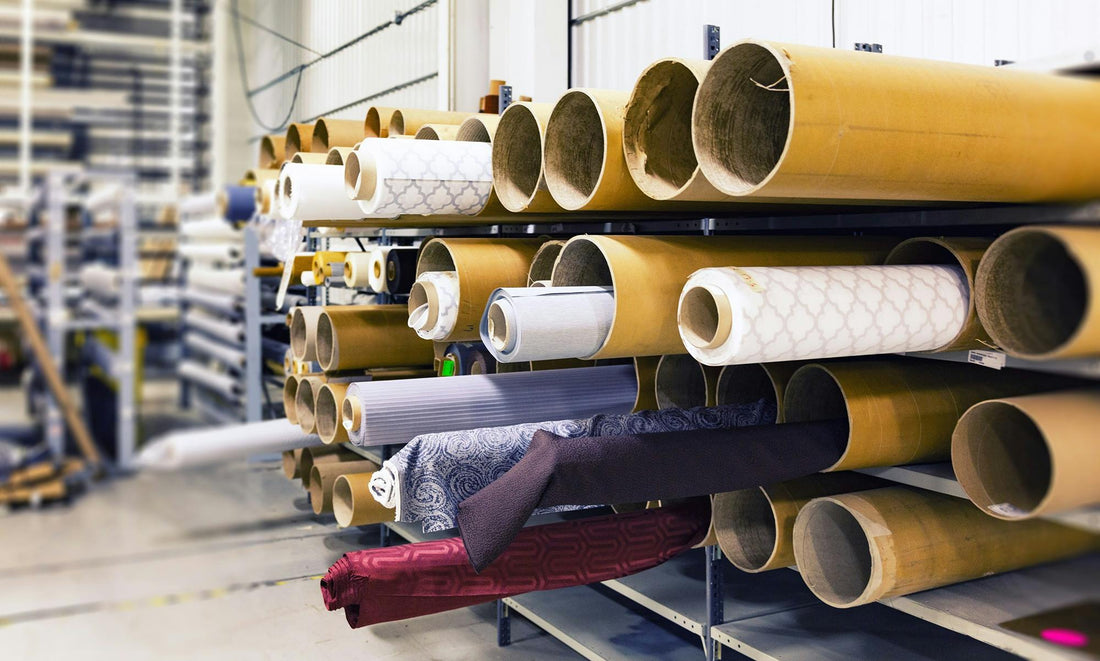
Embracing Sustainability: How Choosing Organic Cotton and Recycled Fabrics Makes a Difference
Share
Why Sustainable Fabrics?
In today's world, every choice we make reflects on our commitment to preserving nature. Choosing sustainable fabrics is not merely a trend but a fundamental shift necessary for the health of our planet. By opting for materials like organic cotton and recycled fabrics, we contribute to a healthier ecosystem and support communities. This blog explores how these choices make a significant impact and why they are essential for a sustainable future.
The Impact of Organic Cotton
Organic cotton represents a return to natural farming methods. It is cultivated without harmful pesticides or genetically modified organisms, promoting biodiversity and reducing pollutants in water sources. This fabric not only benefits the environment but also ensures that farmers work in safer conditions, free from toxic chemicals.
Advantages of Organic Cotton:
- Environmental Protection: Grows without harmful chemicals, protecting natural water sources and soil quality.
- Community Support: Enhances farmers' health and well-being by reducing exposure to toxic substances.
- Quality and Comfort: Often softer and may last longer than conventionally grown cotton due to its natural composition.
The Role of Recycled Fabrics
Recycled materials are pivotal in reducing the waste that the fashion industry generates annually. By reusing existing materials, such as plastic bottles or previous garments, these fabrics decrease the demand for new raw resources, reduce energy consumption, and help keep waste out of landfills and oceans.
Benefits of Recycled Fabrics:
- Waste Reduction: Converts consumer waste into usable materials, preventing it from ending up in landfills.
- Energy Conservation: Uses less energy than producing new fibers, lowering carbon footprints.
- Ocean Preservation: Helps reduce the amount of plastic waste that can end up in marine environments.
How Sustainable Fabrics Impact the Globe
The choice to support sustainable fabrics extends beyond local benefits. It contributes globally by:
- Reducing the Carbon Footprint: Less energy consumption leads to lower carbon emissions.
- Promoting Global Water Conservation: Saves significant amounts of water compared to traditional fabric production.
- Influencing Consumer Behavior: Encourages a shift towards more environmentally conscious decisions in the fashion industry.
Adopting sustainable fabrics is not just a personal choice but a collective step towards a more responsible and environmentally-friendly fashion industry. By choosing garments made from organic cotton or recycled materials, we support ecological balance, enhance community health, and promote sustainability on a global scale.
Your Role in the Change
Every purchase decision is a chance to vote for the world you want to live in. Opt for brands that prioritize sustainability, and help spread awareness about the benefits of sustainable fabrics. Together, we can make a significant impact.
Choosing sustainable fabrics like organic cotton and recycled materials is crucial for preserving our environment and supporting ethical practices in the fashion industry. Let's embrace these sustainable choices and move towards a greener future.
